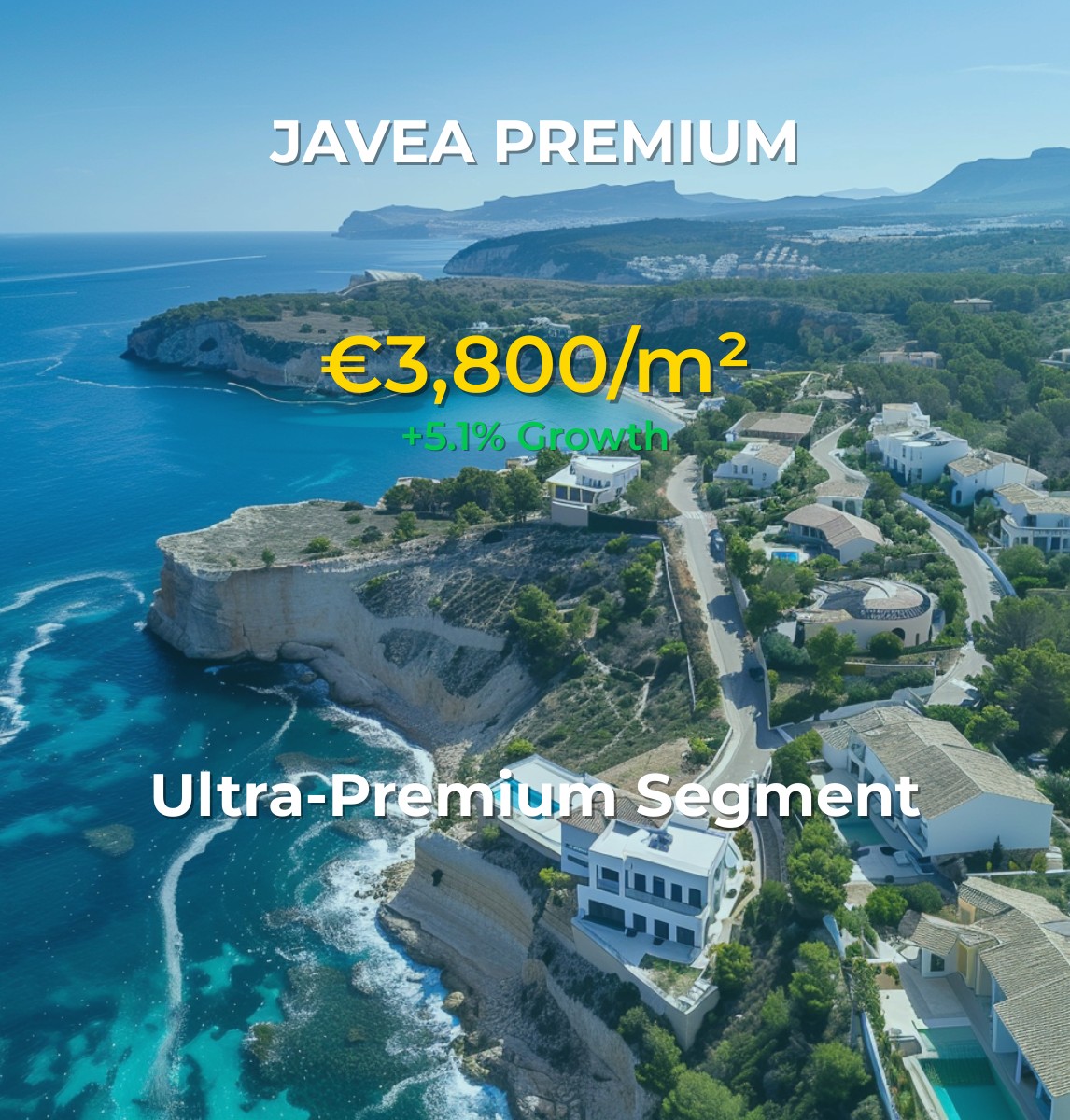How PropTech & Digital Platforms Are Transforming Real Estate in Spain
Discover how PropTech and digital platforms are reshaping property buying and management in Spain — trends, benefits, challenges.

How PropTech & Digital Platforms Are Transforming Real Estate in Spain
Introduction
The Spanish real estate market is undergoing a digital revolution. From immersive virtual tours to AI‑driven valuations and blockchain contracts, technology is redefining how properties are bought, managed, and experienced. In this article, we explore the main innovations, benefits, challenges and what this means for buyers, investors and property managers in Spain in 2025.
1. The Rise of PropTech in Spain
- PropTech (property technology) is now central in Spain’s real estate scene, driven by demand for transparency, efficiency, and better experience.
- Key areas: digital listings & marketplaces, AI analytics, VR/AR tours, blockchain-based contracts, IoT smart homes, and property management platforms.
2. Digital Platforms & Marketplaces
- Portals and apps let buyers filter, compare and tour properties online—reducing friction and expanding reach (especially for overseas buyers).
- Platforms increasingly integrate with AI to recommend properties based on user behaviour, location, price trends.
- Some Spanish PropTech startups are emerging, combining local market insight + global digital tools.
3. Virtual & Augmented Reality: Reducing Distance and Risk
- VR walkthroughs allow prospective buyers (even abroad) to “walk through” a property without physical visits.
- AR apps let users overlay furniture, finishes or modifications on photos of an interior, helping them visualise potential changes.
- For off‑plan properties (pre-construction), VR/AR becomes critical to show a future vision.
4. AI, Big Data & Predictive Analytics
- AI models analyse large datasets—past sales, economic indicators, demographics—to forecast price trends and investment potential.
- Automated valuation tools (AVMs) provide instant estimates of property value.
- Predictive analytics help property managers anticipate maintenance needs, vacancy risk, and optimize rental pricing.
5. Blockchain, Smart Contracts & Tokenization
- Smart contracts on blockchain can enforce agreements automatically (e.g. payment release upon fulfilment of conditions), reducing intermediaries and delays.
- Ownership records on blockchain offer transparency and immutability, reducing risks of fraud.
- Tokenization allows fractional ownership—smaller investors can own parts of a property, democratizing access.
6. IoT, Smart Homes & Automated Management
- IoT devices integrated into homes (heating, lighting, security) allow remote control, energy optimization, predictive maintenance.
- For multi-unit buildings, centralized platforms can monitor utilities, detect faults, manage common areas.
- Data from IoT sensors help managers detect leaks, inefficiencies, usage patterns.
7. Benefits & Value Propositions
StakeholderKey BenefitsBuyers & Investorsmore transparency, faster decisions, lower risk, remote accessSellers & Developersbroader reach, better marketing via immersive content, faster dealsProperty Managers & Landlordsefficiency, proactive maintenance, data‑driven operations
8. Challenges, Risks & Barriers
- Cost & Implementation: High upfront investment needed for hardware, software, training.
- Regulation & Legal Uncertainty: Legal frameworks for blockchain contracts, tokenization are still evolving in Spain.
- Data Privacy & Security: Handling sensitive personal and financial data demands robust cybersecurity and regulatory compliance (GDPR).
- Adoption & Skills Gap: Real estate professionals must adapt, which requires training and mindset switch.
- Digital Divide: In less developed or rural areas, internet access, tech infrastructure may lag.
9. Cases & Examples in Spain
- Some Spanish developers already offer VR tours for new housing developments in Costa del Sol or Catalonia.
- Smart home features increasingly marketed in premium new builds (automated climate control, energy monitoring).
- Pilot projects exploring tokenized real estate in Spain (though still nascent).
10. What to Watch & How to Get Ready
- Monitor regulatory developments: Spanish and EU laws on blockchain, tokens, real estate digital contracts.
- Start small: integrate VR tours, digital listings, AI-based valuation tools in your operations.
- Partner with PropTech firms or startups to accelerate adoption.
- Focus on user experience: seamless digital journey, mobile‑first design, transparency.
- Educate clients and stakeholders: explain benefits, reduce distrust of tech.
Conclusion
Technology is no longer optional for real estate in Spain — it’s becoming foundational. Those who adopt PropTech and embrace digital platforms gain competitive advantage: more efficiency, better reach, lower friction, and deeper insights. The road has challenges, but the transformation is underway. The real winners will be those who bridge tech and real estate with human expertise.




